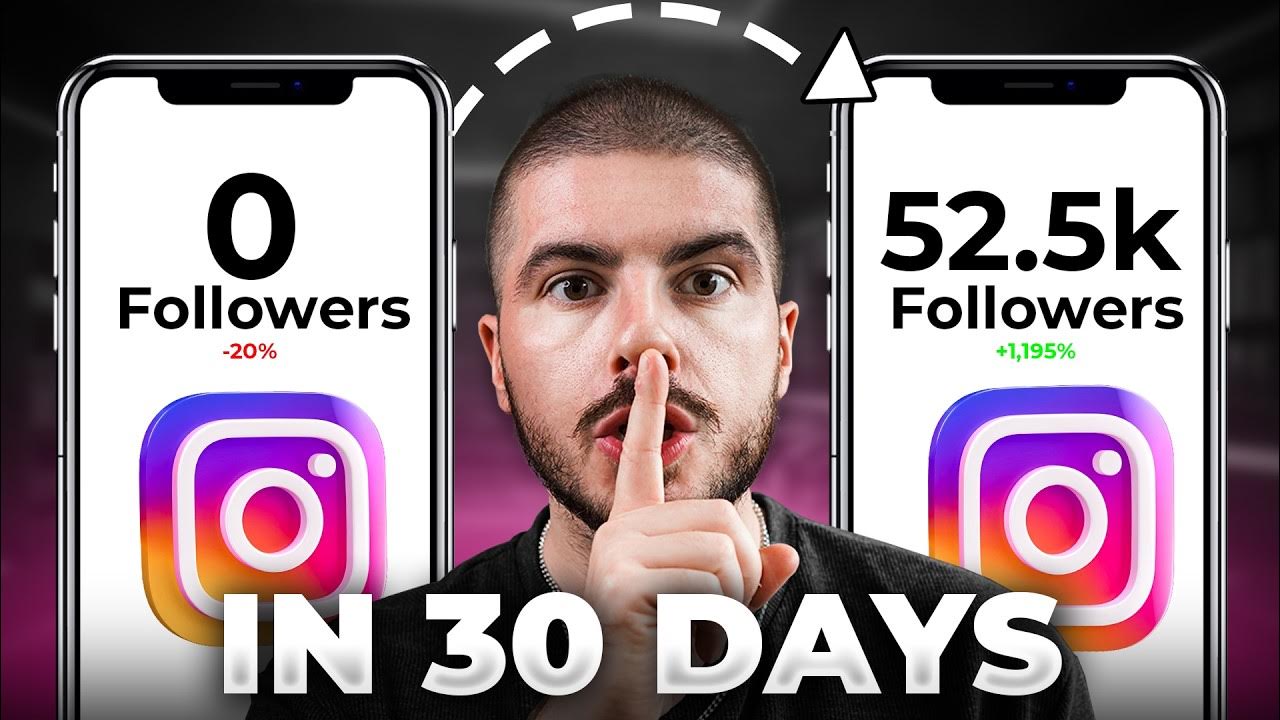I woke up at 4:30AM to end laziness forever
Summary
TLDRIn this motivational video, the creator embarks on a 30-day challenge to wake up at 4:30 a.m., run, and capture the sunrise. The script explores the concept of self-discipline, inspired by Jocko Willink, and its impact on personal growth. The creator shares their struggles, progress, and insights, emphasizing the power of discipline over motivation. The video documents the transformation from a late-night routine to an early riser's lifestyle, highlighting the psychological benefits and challenges faced along the way.
Takeaways
- 🕒 The challenge of waking up at 4:30 a.m. every day for 30 days is used to test and build self-discipline.
- 🏃♂️ Running and other physical activities are part of the daily routine to start the day with a sense of accomplishment.
- 🌱 The idea of self-discipline is explored, emphasizing the control over feelings and overcoming weaknesses to do what needs to be done.
- 🌟 Jocko Willink's influence is mentioned as a source of inspiration for the challenge, highlighting the psychological win of waking up early.
- 🛌 The importance of going to bed early to ensure a successful early morning routine is discussed.
- 📝 Planning the day the night before is identified as a key strategy for maintaining momentum and productivity after waking up early.
- 🥱 The struggle with fatigue and the desire for naps is acknowledged, but the speaker commits to pushing through for the sake of discipline.
- 🚫 The 'no snooze' policy is implemented to avoid the temptation of going back to sleep.
- 🏡 The impact of being at the parents' house during the pandemic and how it affects the ability to maintain the routine is shared.
- 🔄 The speaker admits to missing a couple of days but emphasizes the importance of getting back on track and continuing the challenge.
- 🏁 Completing the 30-day challenge leads to a realization about the power of discipline and its impact on personal growth and goal achievement.
Q & A
What is the main challenge the speaker undertakes in the video?
-The speaker challenges himself to wake up at 4:30 a.m. every day for 30 days, taking a photo of his watch, going for a run, and documenting his experience.
What does the speaker believe about the concept of self-discipline?
-The speaker believes that self-discipline is the ability to control one's feelings and overcome one's weaknesses, doing the things you know you should do even if you don't want to.
Who is Jocko Willink and what influence does he have on the speaker?
-Jocko Willink is a former Navy SEAL and thought leader who inspires the speaker with his idea of waking up early to gain a psychological win over the day.
What is the significance of the alarm clock the speaker purchases?
-The speaker purchases an alarm clock that simulates a sunrise and plays birdsong to coax him into waking up at a restful pace, hoping it would make waking up more pleasant.
How does the speaker feel after his first run in the morning?
-After his first run in the morning, the speaker feels alive and has been able to smash his to-do list, indicating a successful start to his day.
What is the speaker's strategy to maintain discipline throughout the day?
-The speaker's strategy is to plan the day the night before, ensuring he knows exactly what to do after waking up and going for a run.
What does the speaker mean when he says 'do the things you hate'?
-The speaker suggests that by taking the path of most resistance and pushing through tasks you dislike, you can improve at them and potentially change your perspective on them over time.
How does the speaker handle missing a couple of days in his challenge?
-The speaker acknowledges that he is not perfect and misses a couple of days but decides to skip the missed days and continue with the challenge, focusing on getting back on track.
What is the role of the post-it notes on the speaker's mirror during the challenge?
-The post-it notes on the speaker's mirror serve as reminders and motivators, each with a quote related to discipline, doing things you hate, and living life to the fullest.
How does the speaker feel about the idea of 'discipline equals freedom' by the end of the challenge?
-The speaker interprets 'discipline equals freedom' as the concept that by enduring short-term discomfort through discipline, one can achieve long-term freedom from regret and a more satisfying life.
What is the speaker's final realization after completing the 30-day challenge?
-The speaker realizes that committing to doing what he says he will do has become a stronger part of his character, and he feels compelled to follow through on his commitments.
Outlines

This section is available to paid users only. Please upgrade to access this part.
Upgrade NowMindmap

This section is available to paid users only. Please upgrade to access this part.
Upgrade NowKeywords

This section is available to paid users only. Please upgrade to access this part.
Upgrade NowHighlights

This section is available to paid users only. Please upgrade to access this part.
Upgrade NowTranscripts

This section is available to paid users only. Please upgrade to access this part.
Upgrade Now5.0 / 5 (0 votes)





